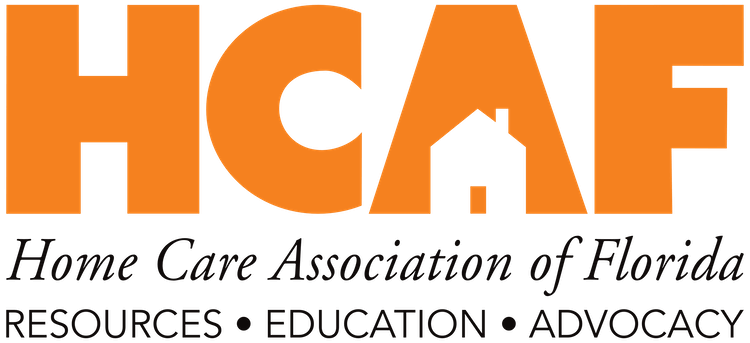Medicare and Medicaid Oversight Reports Highlight Overpayments and Call for Systemic Improvements

Medicare and Medicaid Oversight Reports Highlight Overpayments and Call for Systemic Improvements
On March 11, the Medicare Payment Advisory Commission (MedPAC) unanimously recommended a 7% reduction in Medicare base payment rates for home health agencies following their review of fiscal year 2023 data. MedPAC routinely presents reports to Congress in March and June, focusing on Medicare fee-for-service (FFS) payment systems, the Medicare Advantage (MA) program, and the Medicare prescription drug program (Medicare Part D).
MedPAC's report underscored that home health agencies were overpaid in 2022, with a median Medicare margin of 22.2%, prompting the suggested payment cuts. Despite a decrease in the number of beneficiaries utilizing home health care and 30-day periods, MedPAC noted satisfactory access to services and consistent quality outcomes. The decline in beneficiaries and periods was attributed to factors such as MA enrollment and reduced utilization of inpatient hospital care among FFS beneficiaries. Additionally, while there was a slight reduction in the number of participating home health agencies, access to care remained robust, with over 98% of Medicare beneficiaries having access to multiple agencies within their ZIP code
On March 15, the Medicaid and CHIP Payment and Access Commission (MACPAC) released its March report to Congress. Similar to MedPAC, MACPAC provides biannual reports to Congress, addressing a broad range of issues concerning Medicaid and the State Children’s Health Insurance Program (CHIP).
The latest report examined state activities to gather beneficiary feedback as part of the required Medical Care Advisory Committees (MCACs) and identified challenges in the Medicaid managed care appeals process, including mistrust in managed care organizations, beneficiary confusion, and insufficient data and oversight. MACPAC proposed the adoption of several recommendations to enhance the appeals process and transparency in Medicaid managed care:
- Establishing an Independent External Review Process: States should establish an independent external medical review process for appeals.
- Enhancing Clarity of Denial Notices: The Centers for Medicare & Medicaid Services (CMS) should provide guidance to improve the clarity and content of denial notices, ensuring compliance with beneficiary assistance requirements.
- Allowing Electronic Denial Notices: Managed care organizations should allow beneficiaries to request electronic denial notices in addition to mailed ones.
- Extending Timeline for Benefit Continuation: CMS should extend the timeline for requesting continuation of benefits during appeals, and increase awareness of beneficiaries' rights to continue services.
- Standardizing Data Collection: Regulations should be updated to mandate states to collect and report data on denials, benefit continuation usage, and appeal outcomes using standardized definitions.
- Conducting Clinical Audits: States should conduct routine clinical appropriateness audits of denials to ensure they are based on valid clinical reasons.
- Publicizing Annual Reports: CMS should make state managed care program annual reports publicly available on its website for increased transparency.
Furthermore, MACPAC conducted an analysis of Medicaid Disproportionate Share Hospital (DSH) funding payments and hospital finances, revealing negative aggregate operating margins for all hospitals and even lower margins for DSH hospitals. MACPAC's analysis emphasized the intricate relationship between DSH payments and hospital finances.
